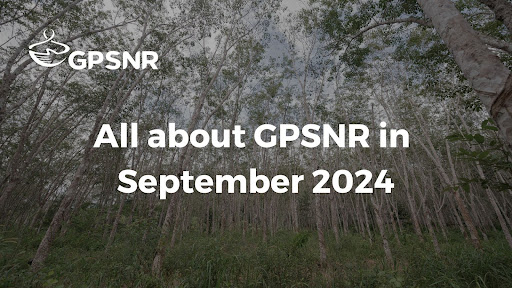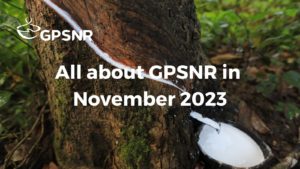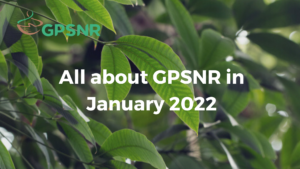Assurance Model Task Force: As we approach the General Assembly in 2024 where the Assurance Model will be put up for voting, the taskforce is meeting regularly to discuss comments and incorporate comments from the second public consultation which is currently ongoing. This consultation focusses on feedback on Assessment Checklist, Assurance Protocol and Remediation Protocol, and will be accepting comments till 27 September 2024. You can access the documents here and provide feedback here.
Smallholders Representation and Capacity Building (SCB) Working Group: To operationalise projects with the funds collected from the Shared Investment Mechanism, the working group is setting up a project management subgroup to help in reviewing and monitoring projects under the SIM. The TOR is available here, and interested members should email cheewei@gpsrn.org by 11 October 2024.
Additionally, Smallholders from all GPSNR member countries have nominated representatives for two positions following internal discussions within their countries: the Shared Investment Panel and the Project Management Subgroup. The final international voting is anticipated to conclude by the end of September 2024.
Shared Responsibility Working Group: The nominations for voting seats for the Shared Investment Panel are now open. Five voting seats will be allocated to manufacturers, while four voting seats will be reserved for non-manufacturers. To ensure equitable representation, each eligible member category will nominate one member to take up a voting seat. All GPSNR member categories are currenting discussing this internally and will choose a nominee by October 2024. Please reach out to your EC representative for more details if you are not already in the discussions.
Please note that nominees should ideally not submit capacity-building proposals this year, as they would need to recuse themselves from voting. If a category is unable to reach an agreement on a nominee, all seats will be opened for self-nominations from any member, regardless of category. In this case, the Executive Committee will vote to decide the final allocation of seats, which may result in multiple seats being held by members of the same category.






